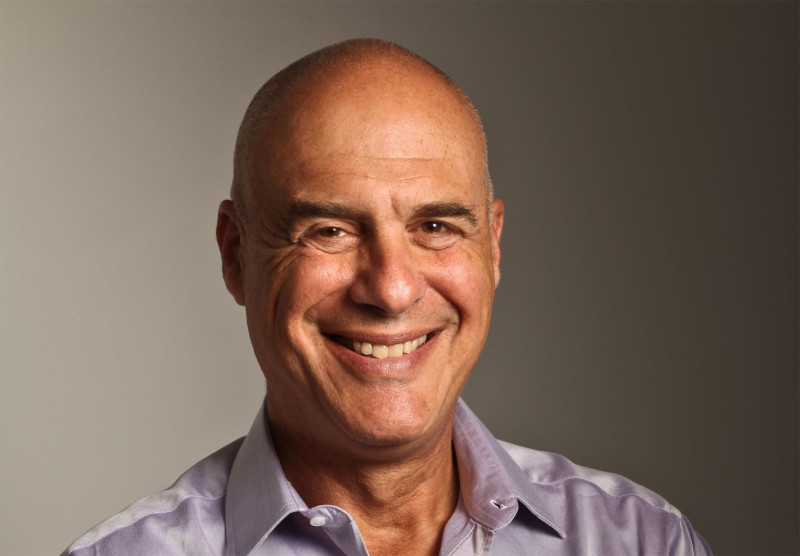Yesterday (May 26, 2015), KQED Forum's Michael Krasny talked with New York Times columnist Mark Bittman, who is currently a visiting fellow at U.C. Berkeley's Food Institute. The How to Cook Everything author has spent the last few months traveling around the state and talking to people in the U.C. system for a series of videos on California's changing agriculture and food production systems.
Bittman's California Matters series launches June 8, 2015. Episodes cover a wide range of topics including wild edibles, the history of Chinese-American food, labor justice in the restaurant industry and how the use of pesticides in the Salinas fields affects neo-natal health.
Highlights from the conversation follow:
On the Bay Area
"You can get the best ingredients you can get anywhere, which is really quite a thing to say -- the most beautiful produce and a very long growing season and a shocking number of things in fine shape in the middle of the winter and a drought. And a two-hour drive to some of the most egregious industrial agriculture on the face of the earth. It's a really mixed bag and total fun as a journalist because you can talk about how wonderful the Meyer lemons are or you can talk about mega dairy farms that probably shouldn't exist. And you have everything in between here."
On food labeling
"The only label you can put on produce that matters right now is whether it's organic or not... You know one of the first things I did when I started my opinion column was my dream food label, which was a complete fantasy. You know, I've said I would like to see labeling that lets us know how the workers who produced that food were treated. And that certainly is an issue with produce, where you have, in California alone, something like a million migrant workers who work seasonally. Who work mostly for nine or ten dollars an hour and who are living below the poverty level. Without those people, you don't get to eat fruits and vegetables."
On the question of free will and the "nanny state"
"The market is not concerned with public health, and I think we see that all the time. The market is not concerned whether workers are treated well. We see that all the time. To govern means to steer. We need guidance in order to live good lives and in fact many people need protection from what I see as the ravages of big business. Who is going to provide that protection? That has nothing to do with free will. My free will, if I'm working as a farm laborer and getting nine dollars an hour, my free will is not going to get me health care or eighteen dollars an hour. My free will has nothing to do with that. I need protection...

